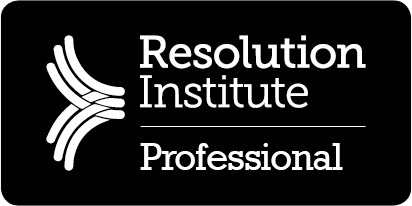An effective mediator is more than just a neutral third party—they are a skilled facilitator who guides negotiations, manages emotions and ensures a fair and constructive process. In personal injury disputes, particularly in medical negligence and public liability claims, the stakes are high, and tensions can run deep. A mediator must create an environment where all parties feel heard and respected while steering discussions toward a practical resolution. This requires a balance of legal expertise, emotional intelligence, and strategic communication to break impasses and keep negotiations productive.
One of the most critical roles of a mediator is identifying the core issues of the dispute. Often, conflicts extend beyond legal arguments to include emotional grievances, misunderstandings, or unrealistic expectations. A skilled mediator helps parties move beyond rigid positions by reframing issues and focusing on interests rather than demands. By clarifying concerns and exploring common ground, the mediator paves the way for meaningful negotiations that address both legal and personal needs.
Another key function is managing power imbalances and emotions. Personal injury cases often involve individuals facing large insurance companies or corporate defendants, which can create a sense of vulnerability or distrust. An effective mediator ensures that both sides engage on equal footing, fostering a respectful and balanced negotiation process. They also help parties regulate emotions, ensuring that frustration or anger does not overshadow rational decision-making. By maintaining a calm, structured, and impartial approach, the mediator helps parties focus on practical solutions rather than personal conflicts.
Finally, an effective mediator facilitates realistic and durable agreements. They help parties assess the strengths and weaknesses of their positions, consider potential litigation risks, and explore creative solutions that a court might not offer. Unlike litigation through trial, where a judge imposes a decision, mediation allows parties to retain control over the outcome. A good mediator ensures that any agreement reached is clear, fair, understood and sustainable, reducing the likelihood of future disputes. Ultimately, their role is not just to settle cases but to guide parties toward resolutions that work for everyone involved.

